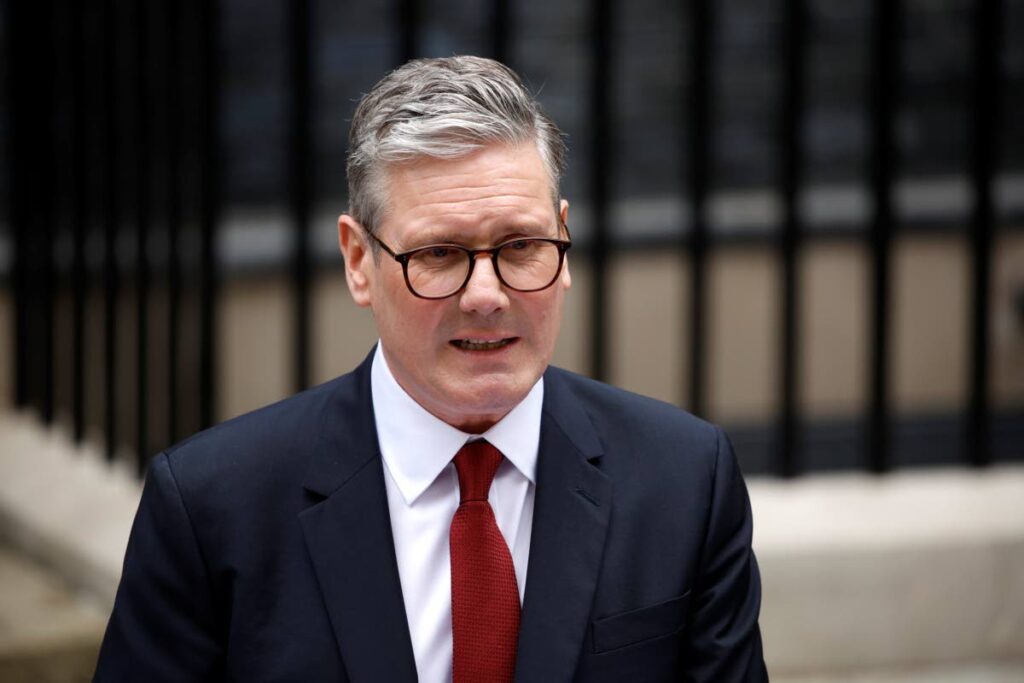Britain’s big change

KEIR STARMER’S victory in the UK general election on July 4 is a hopeful development for the world. It is a repudiation of a kind of politics – put on garish display during 14 years of Conservative rule – defined by corruption, cronyism and base imperatives.
The British people have handed the Labour Party a landslide victory. It has won more than 400 seats and will enjoy a strong, 170-plus parliamentary majority.
In contrast, the Conservatives have lost more than 250 seats and have recorded their worst performance in modern times. Such an outcome has not been seen since Tony Blair’s victory in 1997, which also came after years of Tory rule.
But Sir Keir is cut from an entirely different cloth from Mr Blair. Whereas charisma and personality undoubtedly contributed a great deal to the latter’s rise and fall within British politics, the new Labour prime minister arguably relies less on showmanship and more on political skill, control and compromise.
After David Cameron’s Brexit vote, Theresa May’s Windrush scandal, Boris Johnson’s Partygate disgrace, Liz Truss’s economic disaster, and Rishi Sunak’s election betting fiasco, it is true the result reflects British voters’ desire to punish the Conservatives.
But the Tories have always been unpopular. Meanwhile, up until recently, Labour had been losing ground with voters at elections; it was only able to win just over 200 seats in 2019.
If the turnaround is a sign the electorate was completely fed up with the Tories, it is also a sign Sir Keir’s party reforms put Labour in a place where it could be seen, finally, as a viable alternative.
And yet the results are not as decisive as the first-past-the-post system implies.
Labour dominates the Parliament despite having won just 33.7 per cent of the vote. It lost ground in seats in which independent candidates campaigned on the Israel-Gaza war. The man Sir Keir replaced, Jeremy Corbyn, defeated the Labour candidate in Islington North.
And while voters rejected Conservative policies, including a plan to ship asylum seekers to Rwanda, their support split; many turned to Nigel Farage’s Reform party, which was embroiled in a racism scandal during the campaign.
With a rising tide of right-wing politics all over the world, including the US, France and Argentina, much now depends on the decisions taken in 10 Downing Street.
A barrister by training, Sir Keir, 61, is a figure with whom we are not unfamiliar. He has visited this country several times, first in his capacity as a human-rights lawyer and then as a top prosecutor. The new UK prime minister will have to bring to bear his wealth of experience as an advocate of the people if he is truly to change Britain, as he has promised.

Comments
"Britain’s big change"